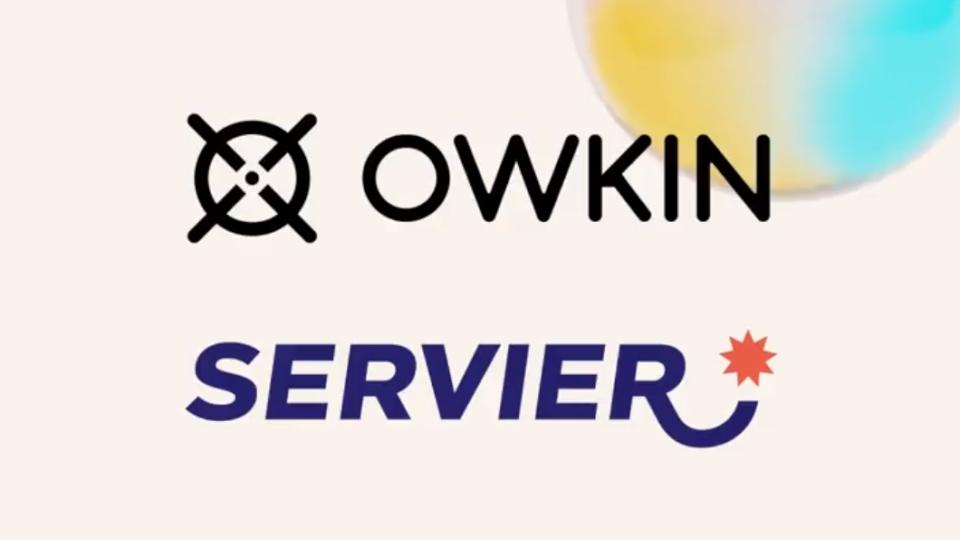Owkin signs up another pharma partner for its AI platform

France’s Servier has become the latest pharma group to tap into an artificial intelligence platform for drug discovery, development, and diagnostics developed by Franco-US biotech Owkin.
Financial terms of the new arrangement haven’t been disclosed, but in a statement released this morning, the two companies said they have started a “multi-year” partnership in oncology, as well as other disease areas, which aims to develop “better-targeted therapies.”
The alliance has kicked off in the cancer arena with two projects in translational medicine and digital pathology, according to the partners. Owkin’s AI platform will be applied to Servier clinical data in a bid to uncover insights into the underlying biology of diseases.
The first project will try to identify tumour types, microenvironments, and patient subgroups that may optimally respond to an undisclosed Servier medicine. The two companies hope to use the data to identify drug combinations that may act on “additional immune checkpoints or tumour cell-intrinsic mechanisms.”
The second project will explore the implementation of digital pathology and its potential to speed up screening and enable broader analysis of tissue-based biomarkers.
“I firmly believe that the convergence of scientific and medical breakthroughs, amplified by advanced technologies like AI, holds the key to swiftly introducing groundbreaking treatments that could usher in a new era of innovation for patient care,” said Claude Bertrand, Servier’s chief scientific officer.
Servier joins a growing list of biopharma companies and academic groups that have been attracted by Owkin’s platform, which allows AI models to be developed based on thousands of patient samples without the need to pool data.
The promise is that the data generated can improve the design of clinical trials in the hope of shortening the development time of new therapies and increasing the chances of a successful outcome.
Among its other partners is Sanofi, which started working with Owkin in 2021 on a three-year project to develop and deploy predictive biomedical AI models to find new biomarkers and therapeutic targets in cancer, taking a $180 million equity stake in the biotech with another $90 million set aside for research funding.
Last year, it also partnered with Bristol-Myers Squibb, which paid $80 million upfront in a deal worth up to $480 million that has few details available, but is aimed at improving the efficiency and precision of clinical trials, initially in cardiovascular disease, but with the potential to extend into additional therapeutic categories.
The AI specialist also has early-stage research partnerships in place with Genmab, Johnson & Johnson, and Amgen.
Servier, meanwhile, has been building its own internal AI capabilities, like most other large pharma companies, and opened a specialist AI centre in Montreal, Canada, in 2020 to act as a hub for its activities in this area.
It has also partnered with Aqemia on AI and quantum physics-based drug discovery and is working with Aitia on the use of “digital twins” in clinical research in pancreatic cancer and multiple myeloma.













